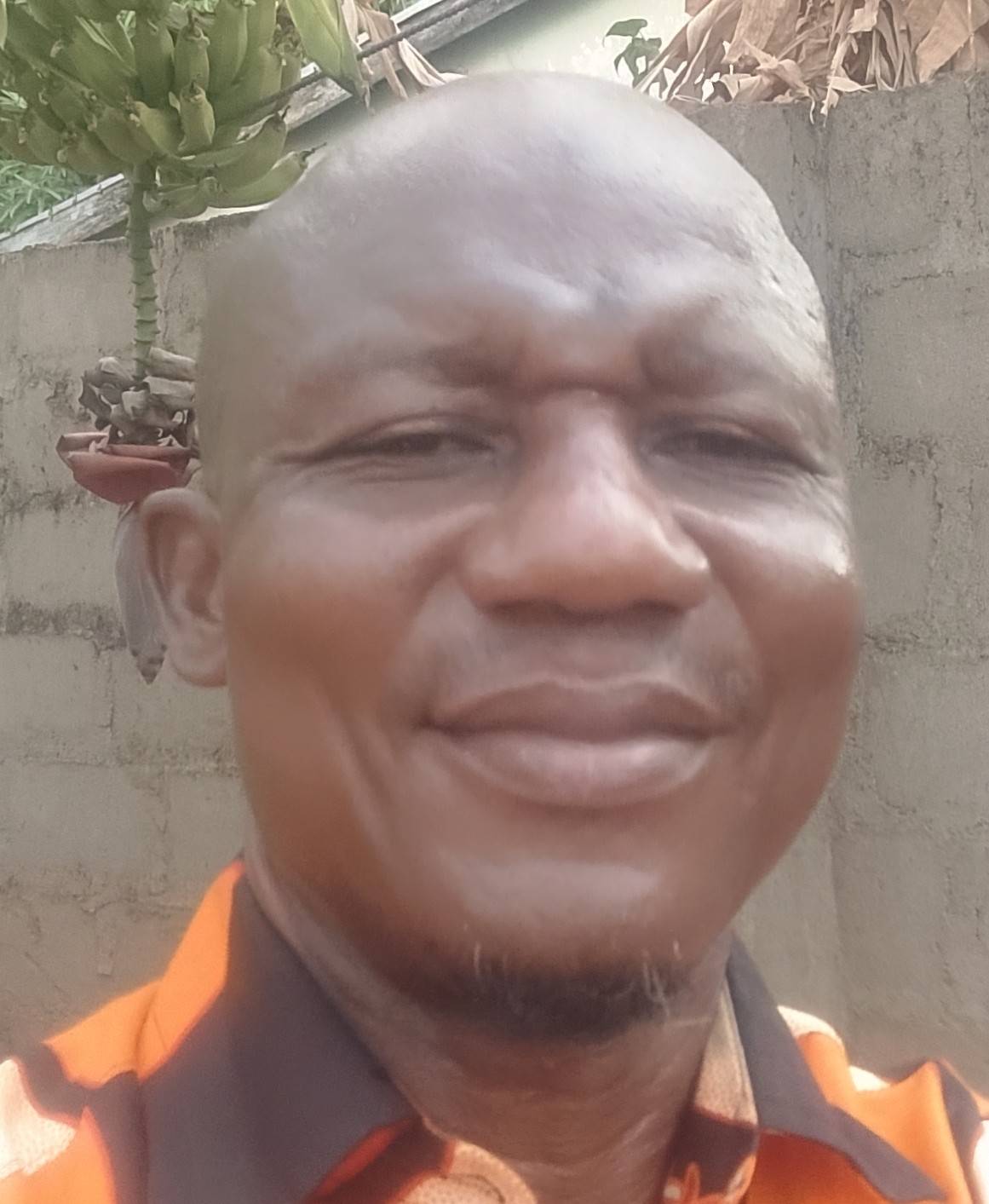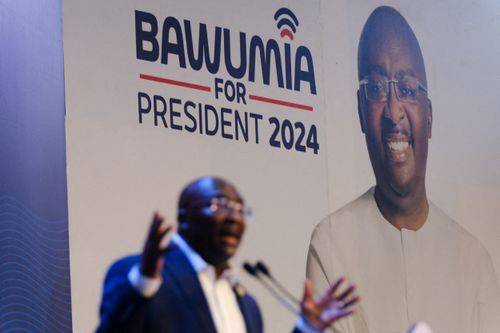"It's Not True I Lost Election 2024 Because I Am a Muslim" – Bawumia Alleges
After the 2024 general elections, Ghana's Vice President and NPP flagbearer, Dr. Mahamudu Bawumia, has condemned claims that his election loss at the polls was due to his Islamic religion. Dismissing the claims as baseless, Bawumia called for a national focus on issues that actually matter—policy, leadership, and economic performance, and not identity politics.
Talking to supporters and the media in an election post-victory speech, Bawumia stated categorically, "It is not true that I lost this election because I am a Muslim. Ghanaians are wiser than that. The electorate voted on the basis of what they thought best for the country's future, and I accept that choice."
Throughout his campaign, Bawumia spoke of the need for unity and above religious and ethnic lines in politics in Ghana consistently. His message, to which many people subscribed, was that of the precedence of national advancement over sectarian politics. He always reminded the citizens that he stood for all the people of Ghana, regardless of religion or lineage.
During the campaign season, some political pundits and social media commentators speculated that Bawumia's faith would be a hindrance in a predominantly Christian nation. But Bawumia refused to play the polarizing card, instead asserting that his vision for Ghana's economic transformation, digital advancement, and industrialization should be the benchmark by which voters judged his candidacy.
Following the election, Mahama was re-elected with over 56% of the vote, and analysts cited numerous reasons for the NPP defeat. Chief among them were economic woes, high youth insecurity, charges of corruption against the government, and internal party disputes that weakened Bawumia's campaign. These issues were viewed as more important in shaping voters' decisions than the candidate's religion.
Independent post-election polls and analyses also verified that the vast majority of voters didn't perceive religion to have been a decisive influence on their own voting behavior. Indeed, in most constituencies, religiously divided voters alike voted in appreciation of Bawumia's technocratic credentials and policy-oriented approach, even if casting a ballot for the opposition.
In response to these sentiments, Bawumia said, "Ghana is a country of peace and tolerance. I am proud to be a Muslim, as I am proud to be Ghanaian. Our democracy must continue to reflect our diversity, but we need never to have it ripped apart by it."
He went on to call for national cohesion and cooperation in the nation's future democratic growth. "Let us not make politics religious or ethnic. The serious issues are jobs, education, healthcare, and roads. That is what I campaigned on, and that is what I think Ghanaians will continue to require of any government."
Even though the 2024 election result was a defeat for the NPP and its supporters, Bawumia's message remains that of hope, resilience, and continued dedication to public service. He assured Ghanaians that his political life was not yet finished and that he would remain engaged in the party and nation's dialogue.
In his last address, Bawumia averred, "My faith has never interfered with my public life, and I do not believe it did so this time either. We must go on together, one people, one destiny."
His statement has since revived debate about the role of identity in politics, with the majority of citizens and civil society organizations echoing his call for a more inclusive and issue-based democratic process.




No comments yet
Be the first to share your thoughts!